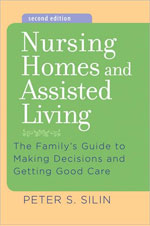Pharmacists and Home Visits
An article in the Vancouver Sun by reporter Pamela Fayerman on January 25 talked about a wonderful, innovative programme under the auspices of Faser Health ( yes, the ones whom it is so difficult to find the right contact, which shows that you shouldnever throw out the baby with the bathwater).
Anyway, it is a pilot programme where pharmacists have beee going to the homes of seniors who have been prescribed more than six medications . They talk to the client, look in the medicine cabinet, see how the medications are being taken. The results-- fewer hospital readmissions and shorter stay where there is a readmission. Also, fewer trips to emergency departments.
"...medication related problems...cause as many as 25 percent of hospital admissions in seniors. Up to three quarters of those admissions could be prevented with the kind of intervention from community based medication management program..."
From what I have seen, medication problems--undertaking, overtaking, taking at the wrong times, is also a strong predictor of nursing home or care admissions. The results of medication problems include falls, delirium, and death, none of which are very pleasant, from w hat I have been told.
Anyone who has some good ideas on cost effective ways to help seniors manage medications at home, beyond bubble packing, and hired home help, I would like to hear from.
And congratulations to Fraser Health on this programme.



